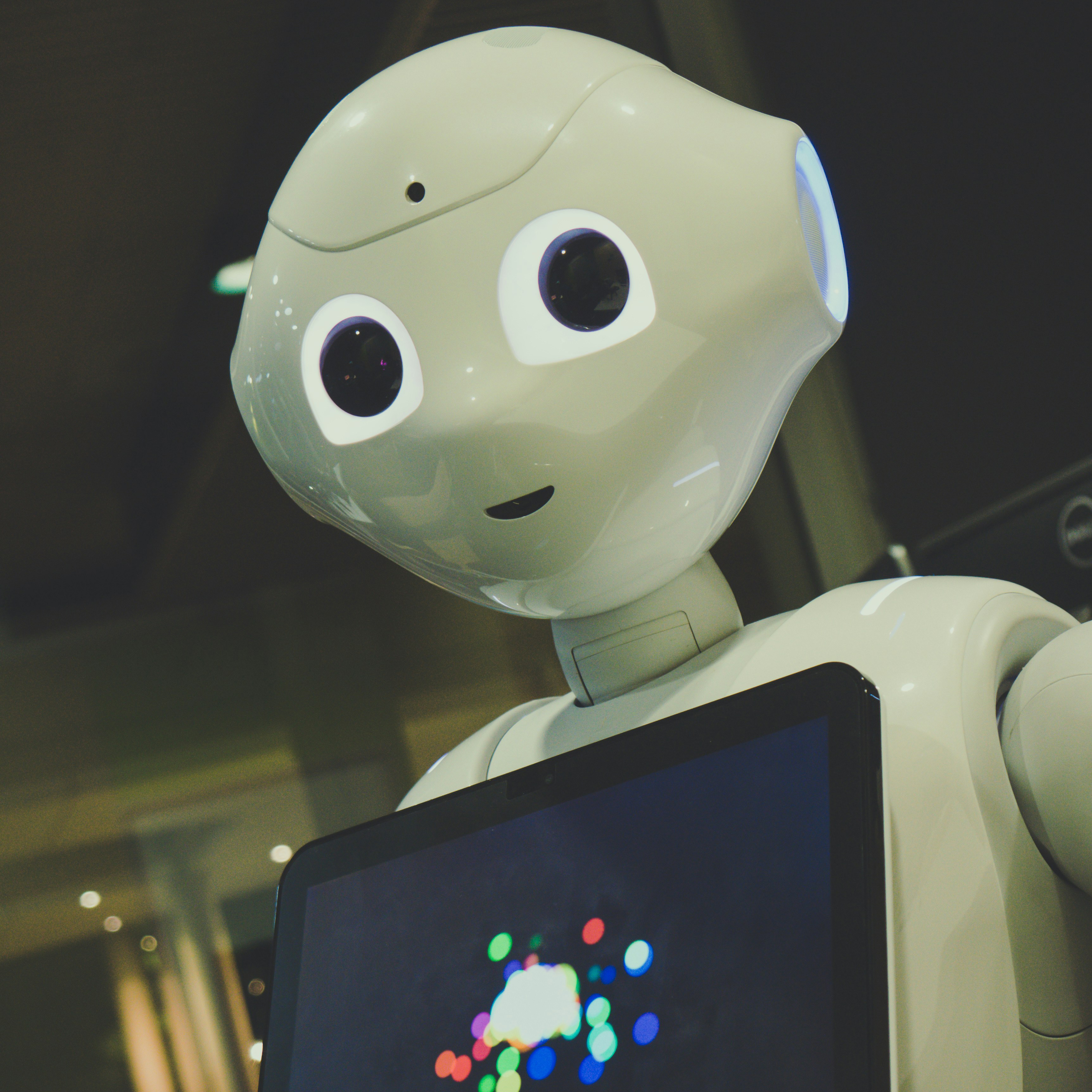Robots and AI Providing Personal Care and Support: Pros, Cons, and the Human Touch
Posted on May 29, 2024 in News
In recent years, the rapid advancement of technology has sparked discussions about the potential use of robots and artificial intelligence (AI) in various aspects of our lives, including providing personal care and support. As we navigate this landscape of innovation, it's crucial to consider the pros and cons of integrating technology into care provision and to ponder whether it could ever replace the unique qualities and attributes of human beings.
The pros of using robots and AI to provide personal care and support…
Efficiency and Precision: One of the key advantages of using robots and AI to provide personal care and support is their ability to perform tasks with precision and consistency. From medication reminders to mobility assistance, these technologies can execute care and support duties with accuracy, potentially enhancing the overall quality of care.
24/7 Availability: Unlike human Personal Care Assistants who require rest and downtime, robots and AI systems can assist round-the-clock, ensuring continuous support for individuals who may need it at any hour of the day or night.
Reduced Labour Costs: Automation in care provision has the potential to lead to significant cost savings for both individuals and healthcare providers. By streamlining tasks and reducing the need for human labour, robots and AI could make personalised care and support more accessible and affordable.
Customisation and Adaptability: AI-powered systems can learn and adapt to individual needs and preferences over time, providing tailored care and support that evolves with the individual. This adaptability allows for personalised solutions that cater to the unique requirements of each person.
The cons of using robots and AI to provide personal care and support…
Lack of Human Connection: Despite their efficiency, robots and AI lack the human touch that is essential in providing personal care and support. Interactions with technology can feel impersonal, particularly in emotionally sensitive situations where empathy, awareness and companionship are crucial.
Limited Emotional Intelligence: Understanding and responding to complex human emotions is a challenge for robots and AI. While they can learn tasks and routines, they often struggle to comprehend and appropriately address the nuanced emotions and needs of individuals.
Risk of Malfunction: Technical failures or malfunctions pose a significant risk when relying on robots and AI for personal care and support. In emergency or unexpected situations, the absence of human intervention and problem-solving skills could have serious consequences.
Privacy and Security Concerns: Entrusting personal information and care routines to AI-powered systems raises valid concerns about data privacy and security. Safeguarding sensitive data from unauthorised access or exploitation is essential in maintaining trust and integrity within care and support relationships.
The importance of the human touch!
While technology offers undeniable benefits in efficiency and convenience, it cannot substitute the irreplaceable value of human empathy, emotion, and companionship in care provision. The human touch encompasses the ability to understand unspoken needs, offer comfort and reassurance, and forge meaningful connections that transcend mere tasks and routines.
Finding a Balance: Integrating Technology with Human Care…
As we navigate the integration of robots and AI into care and support, it's essential to strike a balance between leveraging technological advancements and preserving the essential elements of human care. Rather than viewing technology as a complete replacement for human care provision, we should explore ways to integrate it into care routines in ways that complement and enhance human interaction.
By combining the efficiency of technology with the warmth and compassion of human care and support, we can create an environment that prioritises both efficiency and empathy, ensuring that individuals receive the holistic support they deserve.
So, while robots and AI hold promise in revolutionising personal care assistance and enabling someone to live independently, we must approach their integration with caution and mindfulness. As we embrace innovation, let us not forget the invaluable contribution of the human touch in care provision, and strive to preserve and prioritise it in our quest for enhanced support and well-being.